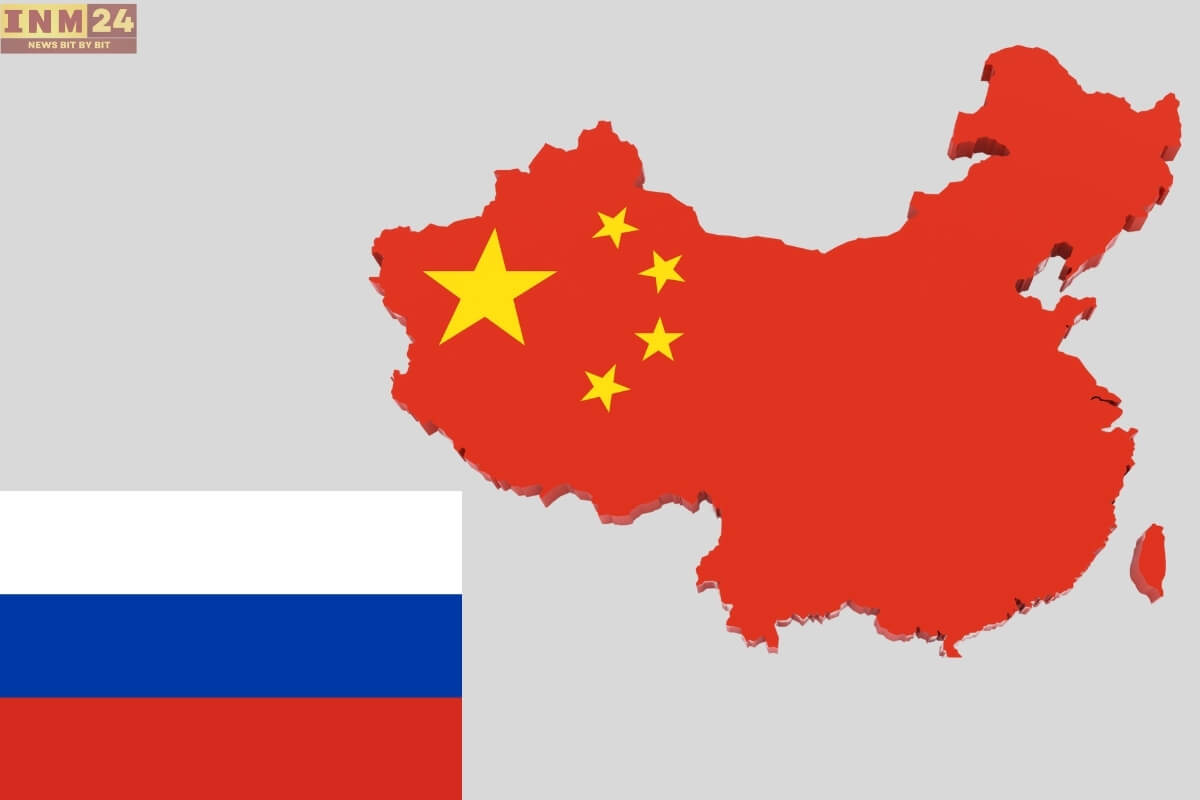A recent development in the global copper market has revealed a concerning trend where Russia and China are allegedly engaging in the trade of new copper disguised as scrap to evade taxes and circumvent international sanctions. This deceptive practice poses significant challenges for regulatory authorities and raises questions about the transparency and integrity of the global commodities trade. Let’s delve into the details of this alarming phenomenon:
Background
Copper, a vital industrial metal used in various sectors including electronics, construction, and automotive industries, plays a crucial role in the global economy. However, recent reports suggest that Russia and China have been exploiting loopholes in the commodities market by mislabeling new copper as scrap to avoid taxes and trade restrictions imposed by international sanctions.
Deceptive Practices
The scheme involves the misclassification of newly produced copper ingots and bars as scrap metal, which is subject to lower taxes and less stringent export regulations. By disguising new copper as scrap, traders can bypass customs controls and evade taxes, thereby gaining a competitive advantage in the global market.
Implications
This deceptive trade practice has far-reaching implications for both the copper market and the broader global economy. It undermines the integrity of trade regulations and creates unfair competition for legitimate players in the commodities market. Moreover, the influx of falsely labeled copper scrap can distort market prices and disrupt supply chains, leading to volatility and instability in the copper market.
Regulatory Challenges
Detecting and preventing the smuggling of new copper disguised as scrap presents significant challenges for regulatory authorities and law enforcement agencies. The complex nature of global supply chains and the lack of transparency in commodity trading make it difficult to track and trace the origin of copper shipments, allowing unscrupulous traders to exploit regulatory loopholes for illicit gains.
International Response
The revelation of Russia and China’s deceptive trade practices has prompted calls for stronger regulatory oversight and international cooperation to combat illicit trade in commodities. Governments, regulatory bodies, and industry stakeholders must collaborate to enhance transparency, enforce trade regulations, and hold accountable those involved in illegal activities that undermine the integrity of global trade.
The trade of new copper disguised as scrap by Russia and China represents a significant challenge to the integrity of the global commodities market. As regulatory authorities and industry stakeholders grapple with this issue, there is an urgent need for enhanced transparency, accountability, and cooperation to prevent illicit trade practices and safeguard the integrity of global trade. By addressing these challenges collectively, we can ensure a fair and transparent commodities market that benefits all participants and upholds the principles of legality and ethical conduct.
